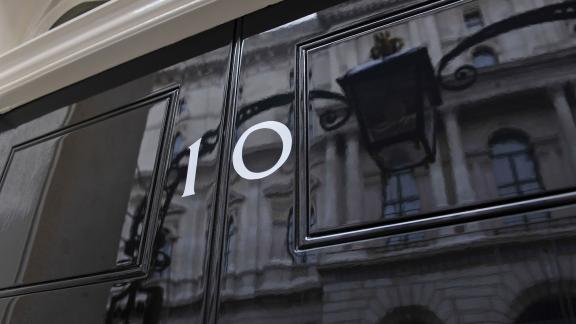NHS Confederation responds to Rishi Sunak's promise to put health service on 'war footing'

Responding to Conservative leadership candidate Rishi Sunak's promises to put the NHS on a "war footing" and tackle waiting lists, Danny Mortimer, deputy chief executive of the NHS Confederation, said:
"The former chancellor is absolutely right to recognise the challenges and backlogs facing our NHS as the country’s biggest public service emergency. NHS leaders will agree with his visions of a health service that improves and hastens the prevention and treatment of illnesses through measures such as expanding diagnostic hubs, much of which is in place already.
"But Mr Sunak’s plan cannot honestly be described as putting the NHS on a war footing, and realism is desperately needed.
"The ability of the NHS to tackle waiting lists and improve the quality of care is being severely undermined by a growing shortage of around 105,000 staff, crumbling infrastructure and estates, and the profound impact of a crisis in social care. These risks are heightened by the Government’s refusal to fund in full the new pay deal.
"Despite these challenges, the NHS in England is facing its first real-terms cut in funding this year since 1997 due to unexpected cost pressures and soaring inflation. This reality is not addressed in Mr Sunak’s plan or rhetoric.
"How can any Prime Minister claim the NHS is on a war footing without giving it the troops or equipment that it needs on the frontline?
"If either of the Tory leadership candidates truly intend to improve the care patients have every right to expect, they must commit to giving the NHS the capital investment it desperately needs.
"Both candidates must commit to a fully funded plan for expanding the number of health and social care staff and be honest about how long it will take to find and educate these desperately needed people.
"The Tory leadership candidates must also acknowledge the wider array of healthcare shortages and delays on multiple fronts. There are huge treatment backlogs beyond elective care that people are suffering from. For example, we have seen a 52 per cent rise in emergency referrals for under-18s to mental health crisis care over the last two years, while dedicated mental health beds have been cut by 20 per cent over the last five years.
"Finally, the heath of the population is not just about the people or their facilities and kit. It is about acting to address the causes of ill health, and in particular addressing the systemic poverty our members see in far too many of the communities they service. Action is need therefore across very part of government policy."



